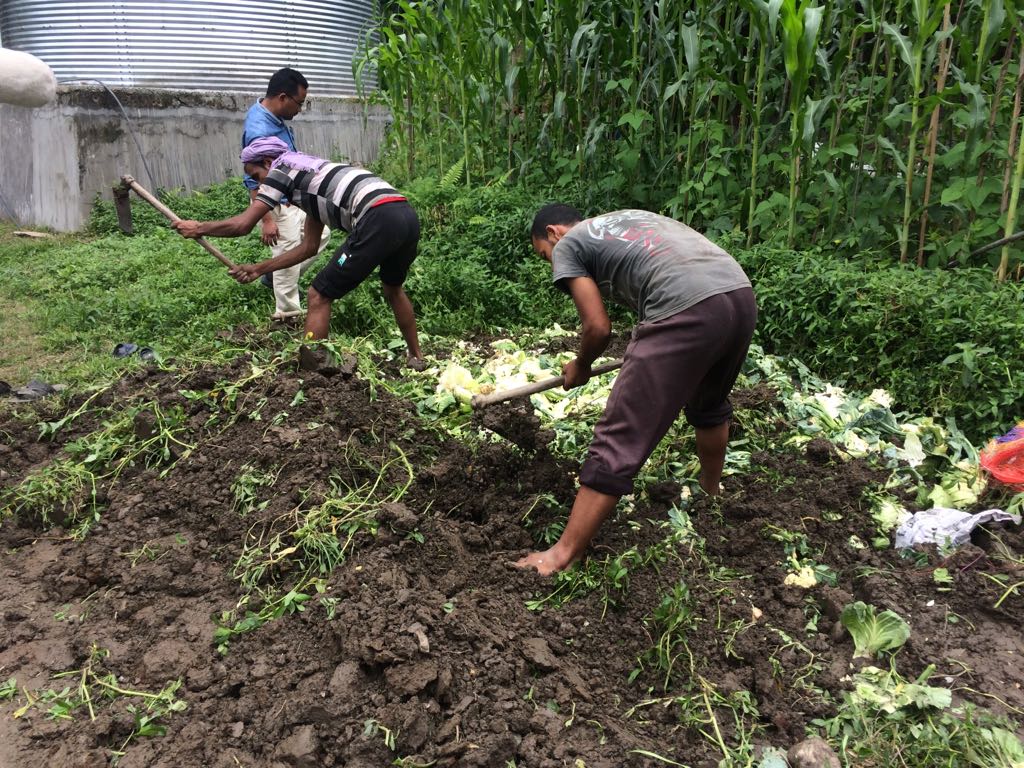

Between 2003 and 2010, several pilot programmes supporting organic farming were launched, including the implementation of bio-villages where farmers were trained in organic farming practices and the production of organic inputs such as composting, organic fertilizers and organic pesticide using with local plants and cow urine. During this period, the government also invested substantially in the construction of vermicomposting pits. By 2009, more than 100 villages had benefited from these programmes, reaching 10,000 farmers in all four districts of the state.
Under the Sikkim Organic Mission, launched in 2010, a number of additional actions to support organic agriculture were implemented, including capacity building, organic seed and planting material production, setting up a seed and soil testing laboratory, operation of Sikkim Organic retail outlet at New Delhi, the inclusion of organic farming in school curricula, the conversion of the two state government farms at Nazitam and Mellidara, which became Organic Centres of Excellence for conducting organic farming demonstrations and trials, and the launch of three livelihood schools as training centres for unemployed youth.
Activities aimed at supplying farmers with quality organic seeds included strengthening the seeds laboratory testing and processing facilities, and the development of a range of local organic seed development projects, such as contracting seed producers, government purchase and distribution, and establishing automated greenhouses for quality organic seedling production.
In 2016, a National Organic Farming Research Institute (NOFRI) was established at Gangtok. The Institute promotes research and education on organic farming, and provides research and technological backstopping to organic production systems, not only for Sikkim but for the whole North East Hills Region of India.
Certification has also been a crucial part of the programme. Eighty per cent of the budget between 2010 and 2014 was used to build the capacity of farmers, rural service providers and certification bodies in organic farming practices, requirements and inspections, and to support farmers in acquiring certification, mainly through the Internal Control System.